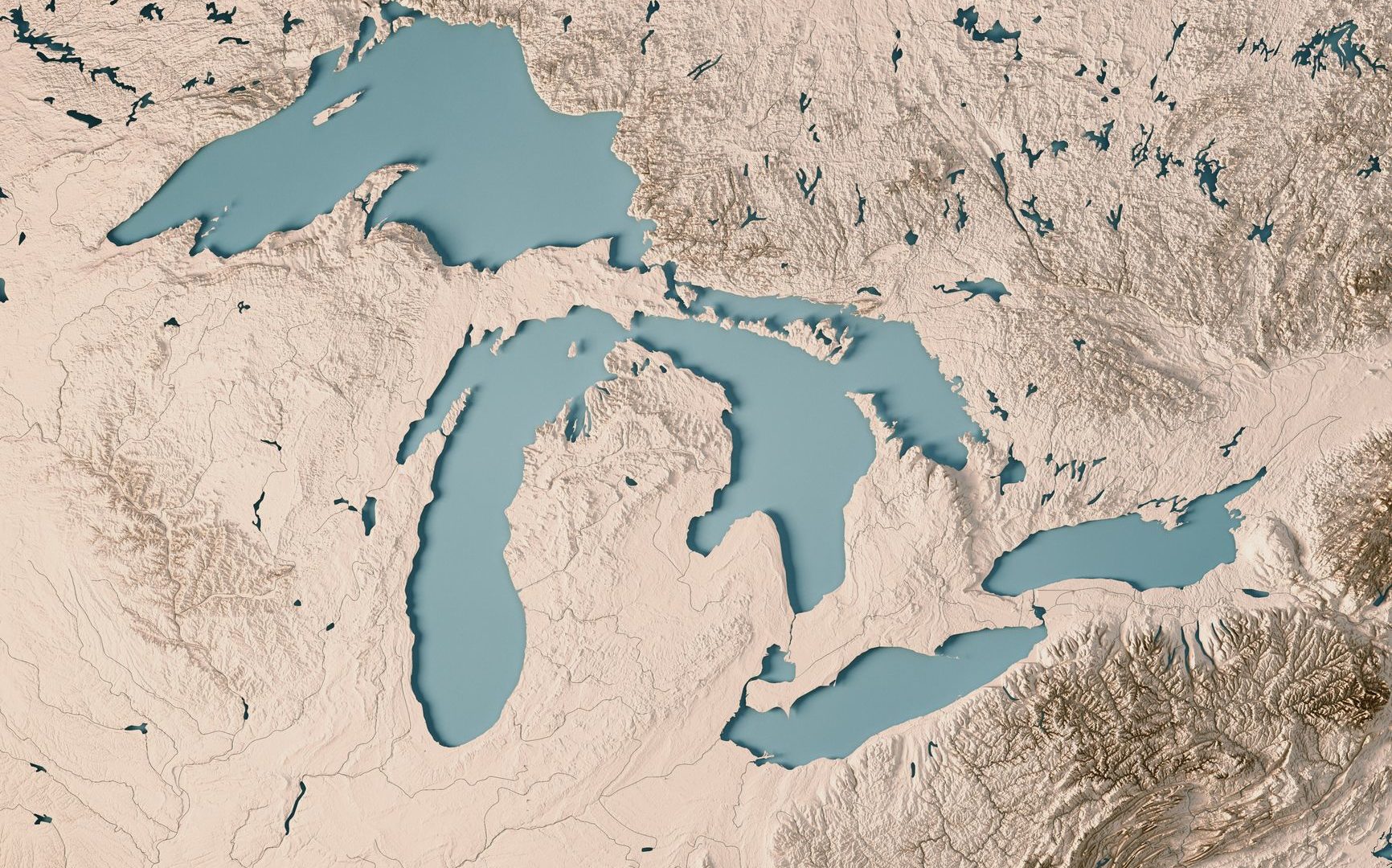The Great Waters Research Collaborative (GWRC) is currently seeking applications from developers of novel technologies for ballast water treatment or rapid analysis.
The goal of this testing is to accelerate development of technologies that have the potential for preventing the introduction, and controlling the spread, of invasive species within the Laurentian Great Lakes.
The treatment and analysis of ballast water taken on board commercial vessels in Great Lakes ports is no small feat. The Great Lakes are uniquely challenging to develop treatment and compliance monitoring technologies. Often these technologies are developed for use in marine environments, and are not adapted for the low temperatures, high suspended solids, and high dissolved organic matter conditions in Great Lakes water taken on as ballast.
The GWRC technology testing program combats this issue by providing technology developers with quality independent data regarding the effectiveness of their technologies in Great Lakes water. Data collected under varying water quality conditions are critical to technology developers’ ability to continue progress toward a market-ready treatment system or compliance monitoring device.
In 2020, the GWRC anticipates acceptance of up to four qualified technologies for laboratory testing. It will also accept up to two technologies for land-based testing at the Montreal Pier Facility (Superior, WI) and one technology for shipboard testing within the Laurentian Great Lakes.
Testing will be conducted by GWRC staff during the 2020 calendar year. Awards will be made on a first-come, first-served basis until February 28, 2020. The Request for Applications and application form are available from GWRC.
GWRC is a program of the University of Wisconsin-Superior’s (UWS) Lake Superior Research Institute (LSRI). Through a partnership with the U.S. Department of Transportation’s Maritime Administration, LSRI-UWS received funding from the Great Lakes Restoration Initiative (GLRI) to offer independent testing services. GLRI funding allows GWRC staff to maintain independence while generating data on the effect of varying water quality on technology performance, operational effectiveness, and biological effectiveness.









